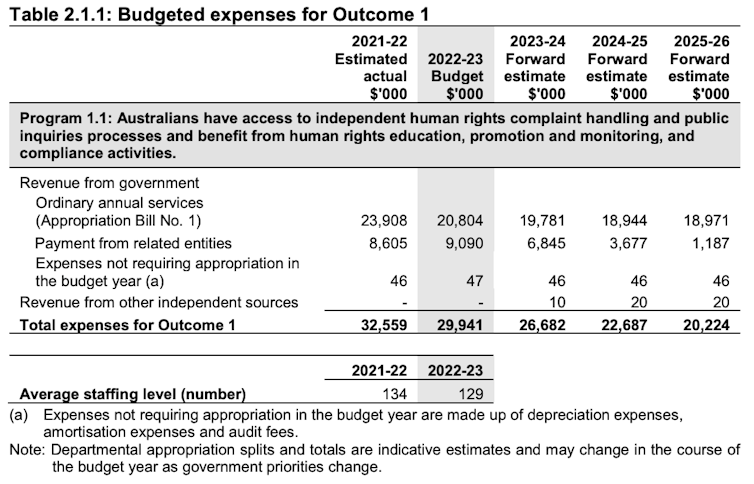
A leading talent acquisition expert is warning Australian businesses are facing an unprecedented r...

Technical SEO Fundamentals often sound intimidating to small business owners. Many Melbourne busin...

Retirees need credible alternatives to downsizing that respect their preferences
The national con...

Everyday Australians are struggling to make ends meet, with the cost-of-living crisis the major ca...

Federal Parliament returned this week to a familiar rhythm: government ministers defending the p...

Many Australian homeowners complain that their home is still missing something, even though they hav...

When the Reserve Bank of Australia (RBA) board voted unanimously[1] to lift the cash rate to 3.8...

Many buyers assume that a brand-new home does not need an inspection. After all, everything is new...

Planning an office relocation can be a complex task, especially when business operations need to con...


















